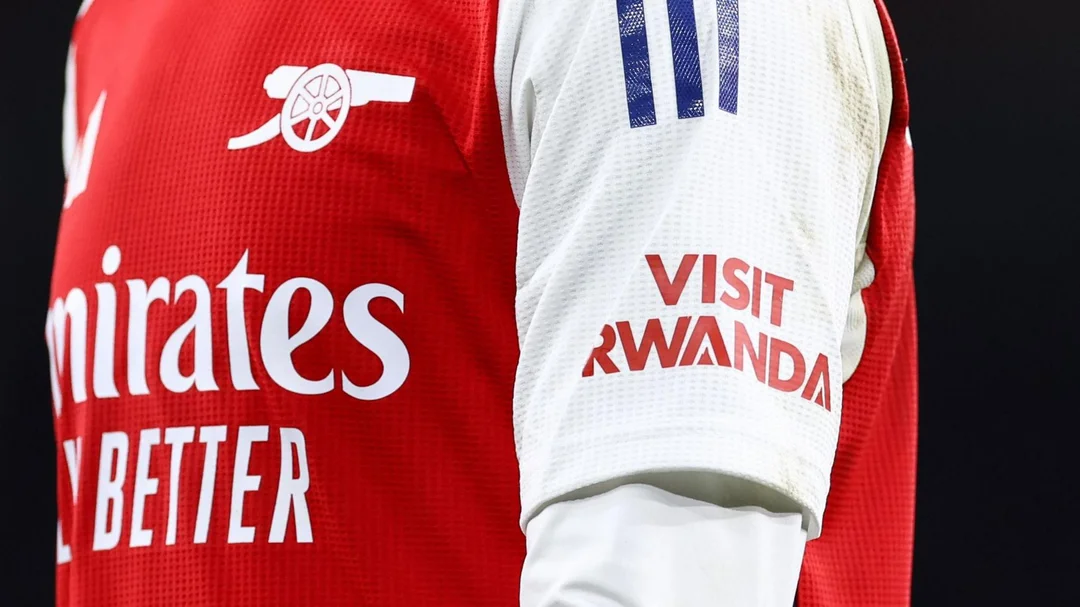
Are Arsenal Fans Right to Question the Visit Rwanda Sponsorship?
In a surprising move, Arsenal fans have raised their voices against the club's sponsorship deal with Visit Rwanda, igniting a controversy that transcends the football pitch. The supporters' group, Gunners for Peace, argues that the relationship with Rwanda should be reconsidered, and they have even created a satirical campaign dubbed "Visit Tottenham" to express their dissatisfaction.
Since its inception in 2018, the Visit Rwanda sponsorship agreement has attracted attention, especially with the backdrop of ongoing conflict in the Democratic Republic of Congo (DRC). Recent events have intensified scrutiny, with claims against Rwanda’s support for the M23 rebel group responsible for considerable violence in the DRC. The complexity of such geopolitics inevitably spills into the world of football, raising ethical questions regarding sponsor affiliations in the sport.

Campaigners from Gunners for Peace argue that the sponsorship discredits the club’s values. According to Joe Mbu, a campaigner born in the DRC, many Arsenal fans in Congo are altering their shirts, removing the Visit Rwanda branding out of shame. Mbu stated, "Wearing Visit Rwanda is just telling people that it's okay for people to kill people from Congo," succinctly summarising the campaign's ethos.
Polling data suggests that Gunners for Peace are not alone in their sentiments; a study showed 56 per cent of fans favour ending the partnership. There’s a palpable discontent among supporters that the financial gains of sponsorship might be overshadowing significant ethical concerns.

Against this emotional backdrop, Arsenal's management has remained tight-lipped, opting not to engage with the public criticisms raised. Supporters have taken matters into their own hands, producing a billboard proclaiming their preference to visit their rivals Tottenham rather than endorsing the current sponsorship. Organiser James Turner described the "Visit Tottenham" initiative as "a joke with a very serious punchline," underscoring the club's integrity at stake.
Critically, several have voiced the view that the sponsorship represents a sort of 'sportswashing'—a media strategy employed by governments to deflect attention from controversial practices. Rwanda’s government asserts that its partnership with various clubs, including Arsenal, plays a vital role in economic transformation; nevertheless, critics remain unconvinced of the morality surrounding such relationships.

As negotiations continue in the DRC amidst ongoing violence, many fans are left pondering the implications of such sponsorships. Popular commentary suggests that Arsenal, as a club, might have to reflect on whether continuing this partnership is worth the potential cost to its image.
The ongoing protest raises a poignant question: Should clubs intertwine financial pursuits with ethical considerations? This situation prompts not only the Arsenal hierarchy to act but also potentially sets a precedent across other clubs regarding the origins and implications of sponsorship agreements. Will Arsenal choose to uphold its standards over financial gain? Fans are eager to hear the club's stance amid the mounting pressure.
As the debates unfold, it is clear that the fans’ voices are louder than ever. What are your thoughts on sponsorship ethics in football? Should Arsenal terminate its deal with Visit Rwanda? Please share your views in the comments below.